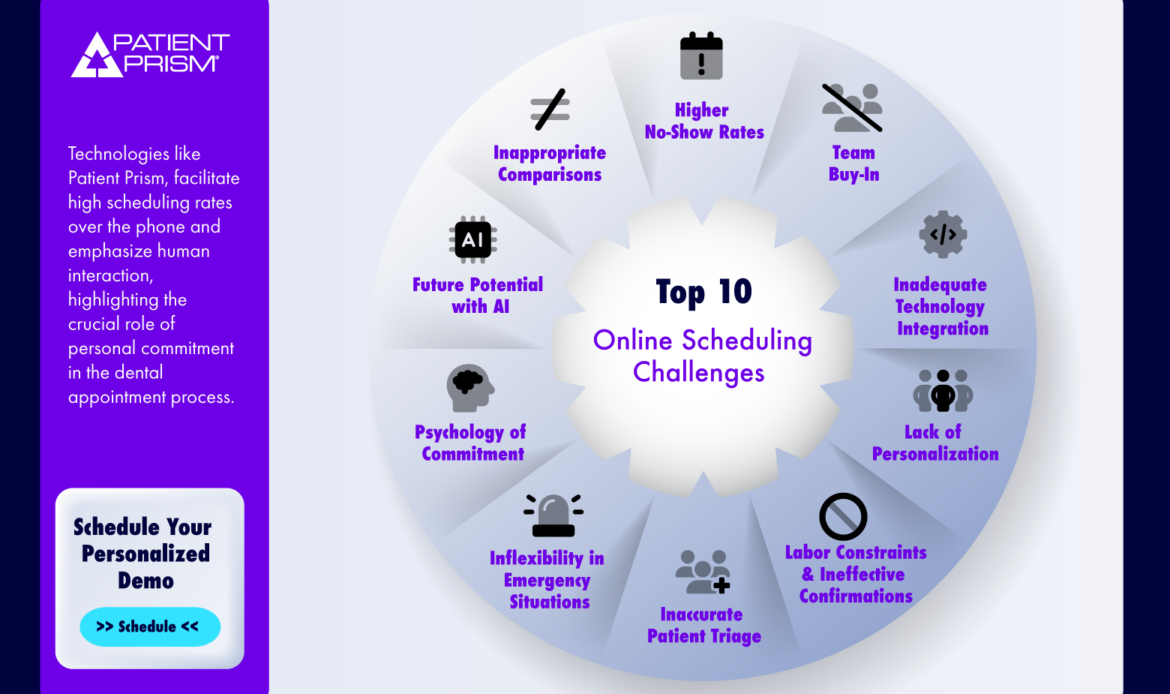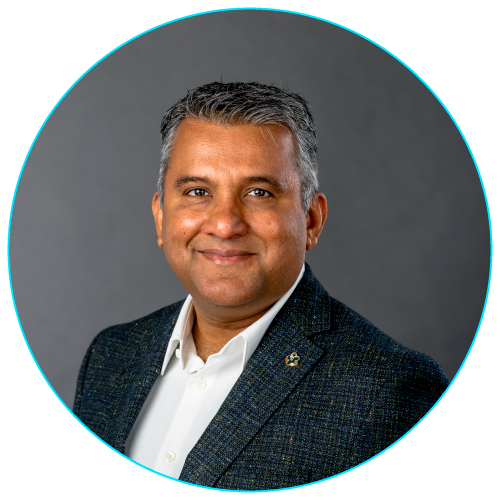
CEO Pulse: Market Trends and Insights
Vol 1, Issue 5
Why Your Dental Practice Might Not Be Ready for Online Scheduling
Here are the Top 10 challenges associated with online scheduling as it stands today:
Higher No-Show Rates
Online appointments have been correlated with higher no-show rates. This may be due to the impersonal nature of the booking process, where patients don’t feel as committed as they would after a phone conversation.
Team Buy-In
The reluctance from the dental team to adopt online scheduling stems from the complex nature of dental appointment scheduling, which requires considering numerous factors like procedure type, staff availability, and patient needs.
Inadequate Technology Integration
Current online scheduling systems may not fully integrate with the existing practice management software, leading to scheduling conflicts, overbooking, or underutilization of resources.
Lack of Personalization
Online systems often fail to account for the personal touch required in patient communication. Dental appointments can be anxiety-inducing, and a reassuring conversation can make a significant difference in patient comfort and commitment.
Labor Constraints and Ineffective Confirmations
In a busy dental practice, staff may not have the time to confirm online bookings, leading to higher no-show rates. Automated text/email confirmations have proven less effective than personal phone calls.
Inaccurate Patient Triage
Online systems may not effectively triage patients based on urgency or specific dental needs, which can lead to suboptimal scheduling and delayed treatments for urgent cases.
Inflexibility in Emergency Situations
Online systems might not handle emergency cases adeptly, which require immediate attention and schedule adjustments.
Psychology of Commitment to Online Scheduling
The lack of a personal connection in online scheduling might reduce the sense of commitment in patients. Telling someone over the phone about an appointment creates a verbal commitment that is psychologically more binding than clicking a button online.
Online Scheduling and Future Potential with AI
While AI has the potential to understand and adapt to the complexities of dental scheduling, this technology is not yet sufficiently advanced. AI-driven systems could eventually learn to consider all the nuances of dental appointments, but this future is not imminent.
Inappropriate Comparisons
Comparing dental appointments with services like Open Table for restaurant reservations is misleading. The motivations and expectations for a dental visit are vastly different from a dining experience.
Online Scheduling Challenges

Looking towards the future, there is potential for evolution in online scheduling, particularly as cloud-based PMS systems continue to amass data on scheduling patterns and patient behaviors. This wealth of information is ripe for analysis through machine learning and artificial intelligence, which could one day lead to a new generation of smarter scheduling tools. These advanced systems might be capable of understanding and adapting to the complexities of dental scheduling, offering more than just a convenient booking interface. However, it’s important to note that even with these technological advancements, the human factor will remain a critical element. The psychology of commitment in appointment-making shows that the personal touch – a phone call, a conversation, a human connection – significantly influences patient commitment and, subsequently, show rates. This aspect of patient interaction is something that technology, no matter how advanced, cannot fully replicate.
In conclusion, while online appointment scheduling offers convenience, its adoption in the dental industry faces significant hurdles. The importance of the human element in scheduling, particularly in a field where trust, personal care and reassurance are key, cannot be overstated. Technologies like Patient Prism, which facilitate high scheduling rates over the phone and emphasize human interaction, highlight the crucial role of personal commitment in the dental appointment process. The future might bring more sophisticated AI-driven solutions, but currently, the industry needs to balance technological advancement with the irreplaceable value of human touch.
Until next issue, happy reading!

Best regards,
Amol Nirgudkar
CEO

